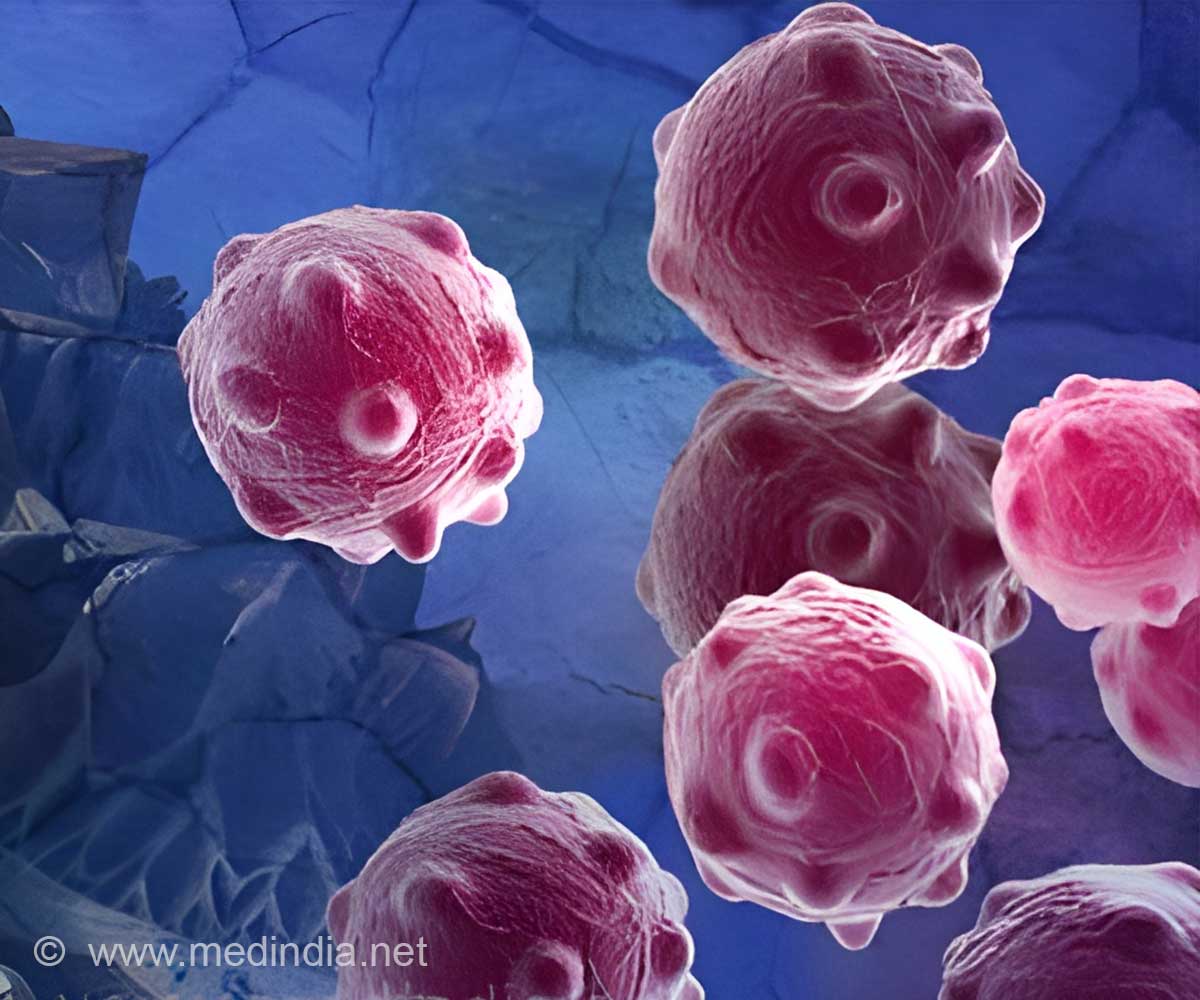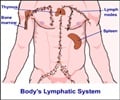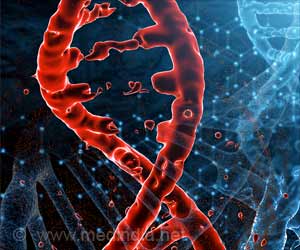In relapse/refractory non-Hodgkin lymphoma, the promise of an off-the-shelf immunotherapy was found to show promising results.

‘A new, experimental immunotherapy puts patients with B-cell non-Hodgkin lymphoma (NHL) that is resistant to or has come back after multiple other therapies, including CAR T therapy, into remission.’





Non-Hodgkin lymphoma is a cancer that affects the lymphatic system, which is the body's way of clearing toxins and waste. About 85 percent of NHL cases are B-cell lymphomas, including diffuse large B-cell lymphoma (DLBCL) and follicular lymphoma. While many of these patients respond to frontline chemo-immunotherapy, those who do not frequently do not respond to second line therapies as well. About 40 percent of these non-responders with DLBCL can benefit from CAR T therapy, which is approved for use after two prior lines of treatment. CAR T is not approved for follicular lymphoma, though clinical trials have shown it holds promise. "There is still a large need for new treatments in relapsed or refractory cases, since some patients fail CAR T and others are too sick to wait for cell manufacturing," Schuster said. "One of the benefits of this treatment is that it's 'off-the-shelf,' meaning it does not need to be manufactured for each patient." Mosunetuzumab is an antibody designed to bind to two specific receptors on tumors cells. Just as CAR T therapies in lymphoma target a receptor called CD19, mosunetuzumab binds to CD20 as well as a natural receptor on T cells, one type of immune cell. Patients receive the therapy infusion over several months.
To date, more than 270 patients in seven countries in North America, Europe, Asia, and Australia have received the experimental therapy. All patients had B-cell lymphomas that had relapsed or had not responded to prior therapies. Of that group, 193 patients were evaluable. This included 124 (65 percent) with aggressive lymphomas and 67 (35 percent) whose cancers were slow-growing. The overall cohort included patients whose disease had progressed after stem cell transplant, as well as those whose disease did not respond to or relapsed after CAR T.
Among the group with aggressive lymphomas, 46 (37 percent) saw the amount of cancer in their body decrease, while 24 (19 percent) achieved complete remission. Among patients with slower growing lymphomas, 42 (63 percent) saw a decrease in cancer, and 29 (43 percent) achieved complete remission. The data also suggest that higher doses of the drug correlate with patient responses, but this still needs to be confirmed with additional analyses and longer follow up.
For the patients who saw their disease disappear entirely, the remissions appear to be long-lasting. At a median follow up of six months, 24 of the 29 (83 percent) slow-growing lymphoma patients and 17 of the 24 (71 percent) aggressive lymphoma patients were still disease free. In four patients whose disease came back after remission, three saw a response when they started treatment again.
Advertisement
"This could mean that not only does mosunetuzumab have the ability to kill cancer, but also that it may help re-engage CAR T cells and boost the effect of the prior CAR treatment," Schuster said. He notes further study is needed to confirm this and to determine when in the course of treatment mosunetuzumab may be most effective. Cytokine-release syndrome (CRS), a toxicity known to be associated with cellular therapies, was reported in 29 percent of patients on this study. Only three percent required treatment with tocilizumab. Four percent of patients also reported moderately severe neurologic side effects.
Advertisement
Source-Eurekalert












